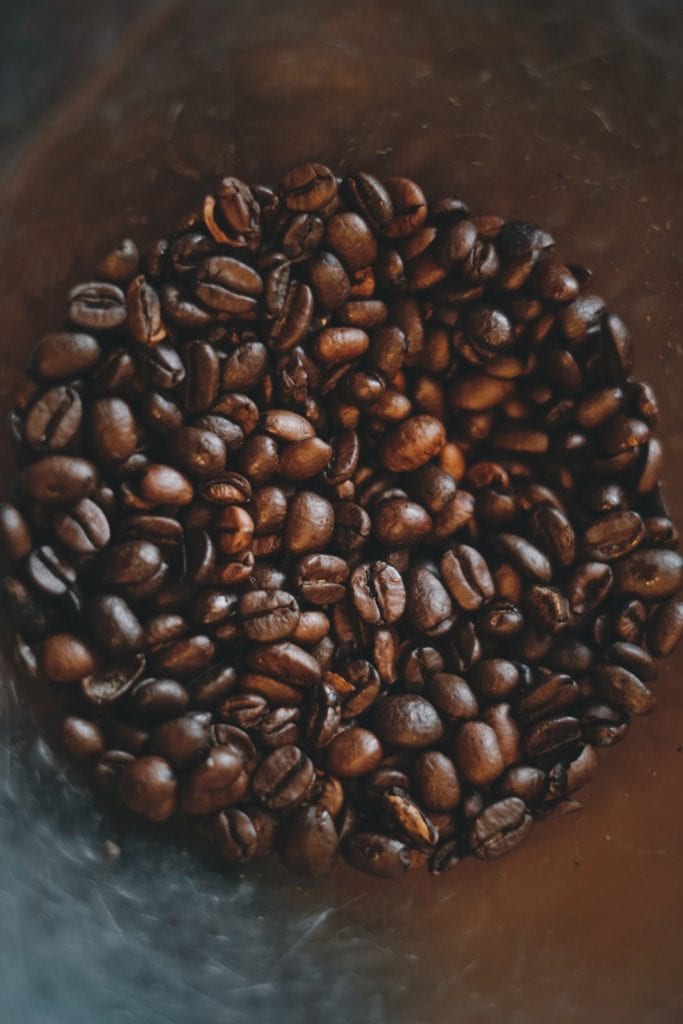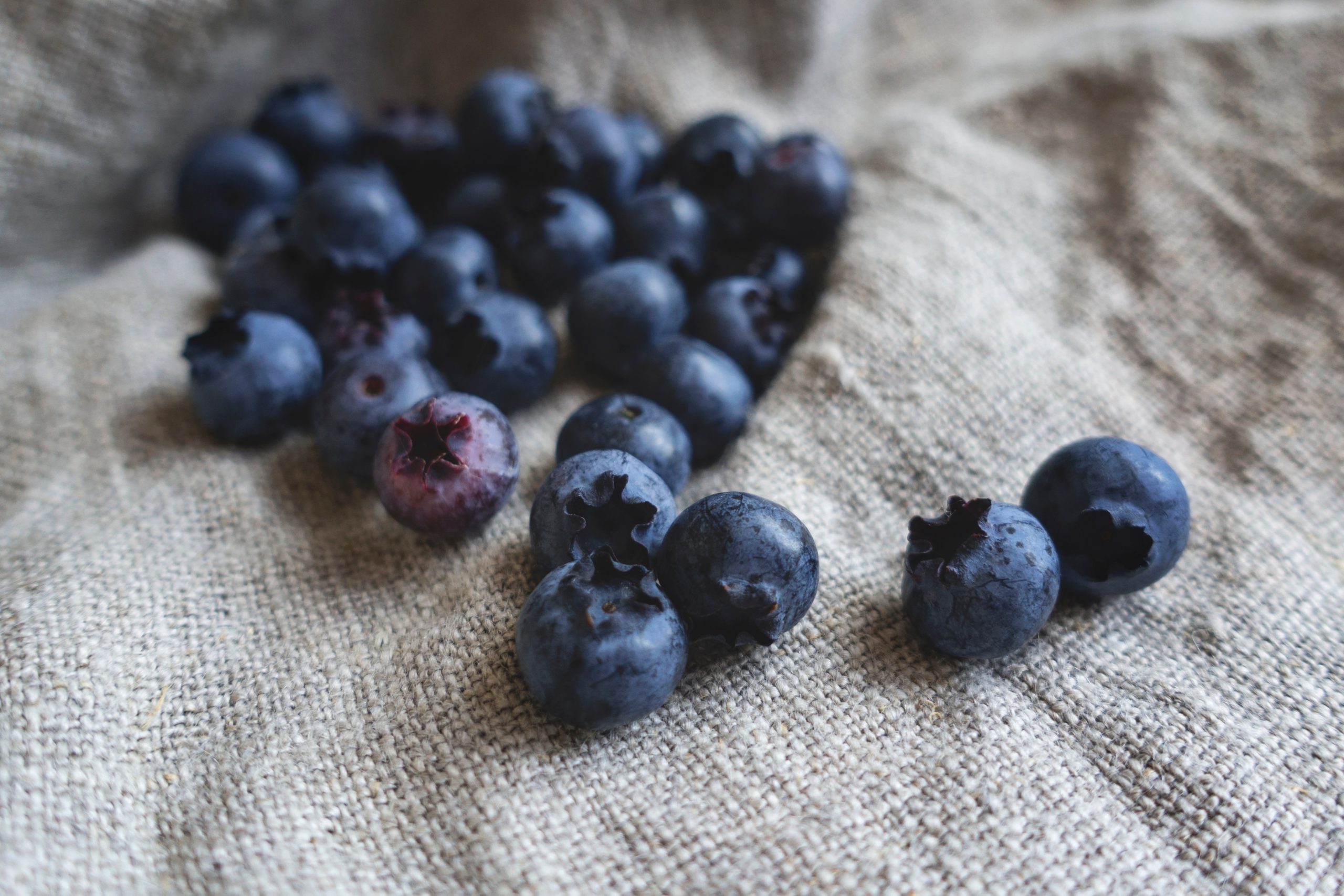Coffee is a huge source of antioxidants.
A single cup of coffee contains 11% of the daily recommended amount of Riboflavin (vitamin B2), 6% of Pantothenic Acid (vitamin B5), 3% of Manganese and Potassium, and 2% of Niacin and Magnesium. Source: authoritynutrition.com
Researchers have also shown that, due to the quantities of coffee consumed, coffee accounts for most of the antioxidant content in the human diet. Antioxidants are known to bind with free radicals, reducing damage to the body and thus protecting against many aging diseases and some cancers.
Who loves you? Joe loves you baby!
So suddenly, your cup of Joe is your best friend since it’s particularly rich in powerful antioxidants, including hydrocinnamic acids and polyphenols.
Sources:
But aunt Betsy says that green tea has way more antioxidants?
In fact, when researchers compared coffee to other hot beverages, they found that it contains similar amounts of TAC (total antioxidant content) to green tea… but we tend to consume a lot more coffee than we do green tea.
TABLE 1: Total antioxidant content of different beverages. Note: Natural roasted coffee produced by the Madeo Company. Best grades of green and black tea purchased in the stores. (Averaged values of TAC) [41].
| Beverages | One-time consumption rate, in grams | TAC, mg/g |
|---|---|---|
| Coffee | 7–10 | 150–300 |
| Green Tea | 2 | 150–300 |
| Black Tea | 2 | 110–200 |
| Cocoa | 10 | 200–250 |
Source: www.ncbi.nlm.nih.gov

But what about beer? Can’t beer be good for you?
Sadly no. Beer tastes good but it’s not a great source of antioxidants and neither are whiskey, or cognac. But on the bright side, research shows that even decaffeinated coffee offers up substantial antioxidant activity.
The table below shows comparative antioxidant activity of coffee and of various other drinks including red wines, white wines, whiskey and lastly beer.
Of the tested drinks, red wine comes in second behind various types of coffee extractions. But even a hearty Chianti pales in comparison to coffee with less than a quarter of the antioxidant activity. Apparently, still more than green tea though.
Source: www.ncbi.nlm.nih.gov
TABLE 2: Comparison between the antioxidant activity (AA) of coffee and other drinks [42] (Notes: All samples were collected in Italy; FRAP—ferric reducing antioxidant power; TRAP—total radical-trapping antioxidant parameter; TEAC—trolox equivalent antioxidant capacity).
| No. | Beverages | AA determined by different methods | ||
|---|---|---|---|---|
| FRAP (mol Fe2+/L) | TRAP (mol Trolox/L) | TEAC (mol Trolox/L) | ||
| 1. | Coffee (Espresso) | 129.4 | 66 | 36.5 |
| 2. | Coffee (Instant) | 108.6 | 52.4 | 32.5 |
| 3. | Coffee (Extract) | 96.4 | 59.6 | 30.3 |
| 4. | Coffee (Espresso, Decaffeinated) | 93.0 | 45.8 | 27.0 |
| 5. | Red wine (Chianti) | 31.5 | 14.8 | 11.4 |
| 6. | Green Tea | 18.0 | 7.6 | 6.0 |
| 7. | Black Tea | 10.1 | 4.9 | 3.6 |
| 8. | Rose wine (Villa Tofre) | 8.3 | 2.2 | 2.4 |
| 9. | White wine (Pinot) | 3.7 | 2.1 | 1.7 |
| 10. | Whisky | 3.4 | 2.3 | 1.7 |
| 11. | Cognac | 2.2 | 1.5 | 1.3 |
| 12. | Beer | 2.8 | – | 1.0 |

In summary, this research may or may not change your weekend plans, but the next time you feel guilty about getting enough antioxidants in your diet, put away those nasty freezer burnt blueberries and reach for something you really enjoy!

0 Comments